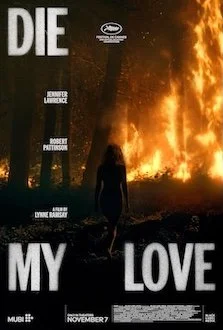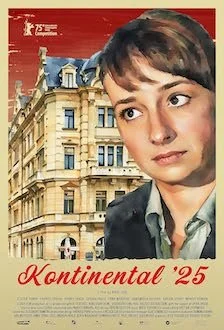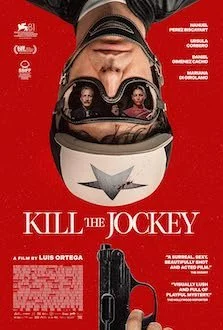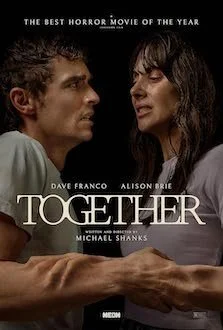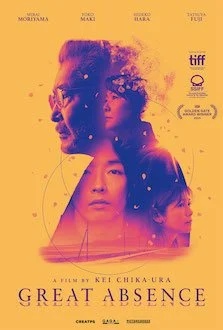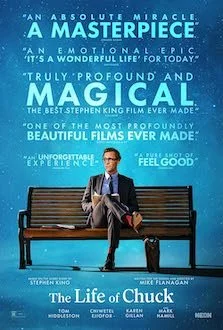Direction: Lynne Ramsay
Country: USA
This raw, startlingly honest effort by Scottish filmmaker Lynne Ramsay (Ratcatcher, 1999; We Need to Talk About Kevin, 2011; You Were Never Really Here, 2017) comes charged with fury, following a young mother—superbly portrayed by Jennifer Lawrence—grappling with mental health struggles and postnatal depression. Set in rural Montana, the story unfolds across two time frames, incorporating flashbacks that gradually deepen our understanding of the character’s fragile psychological state.
Die My Love, both painful and exquisite, carries nuance and complexity even in its seemingly blunt title. It is a small yet shattering adult drama that plunges the viewer into a suffocating, harrowing psychosis that appears to offer no clear way out. Based on the 2012 novel of the same name by Argentine writer Ariana Harwicz, the film was co-produced by Martin Scorsese and co-stars Robert Pattinson, Sissy Spacek, and Nick Nolte.
Creatively shot, Die My Love demonstrates keen visual intelligence in service of a compelling narrative that foregrounds boredom, loneliness, and pervasive unhappiness. It leaves you powerless and contemplative, drawing the audience into a state of distress that mirrors that of its characters. The emotional impact is profound, offering a compassionate look at the unexplainable intricacies of life that can suddenly unravel everything. This film also stands as a remarkable showcase for Lawrence, who delivers an unparalleled performance. She and the rest of the cast maintain complete control over the material, while Ramsay never condescends to or sentimentalizes the subject.

